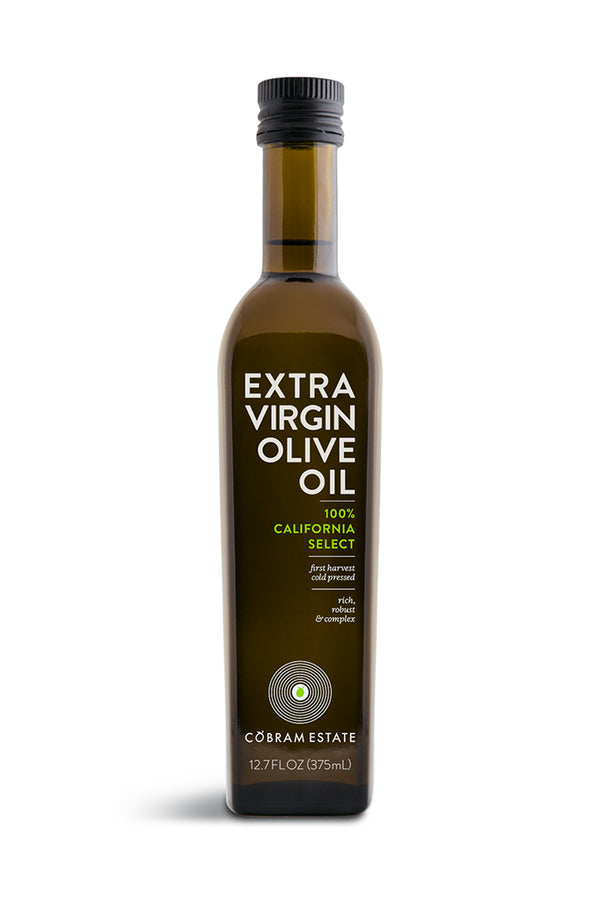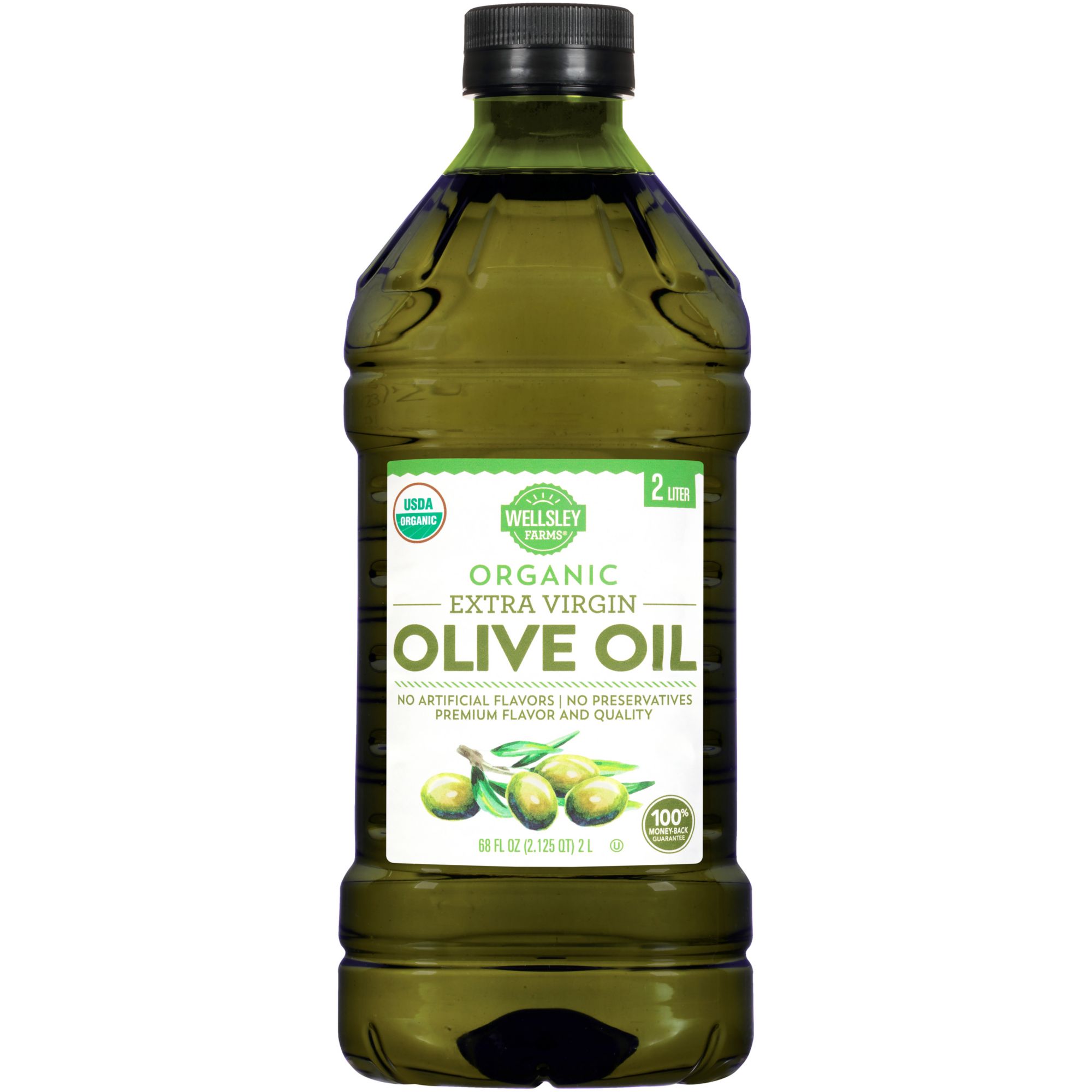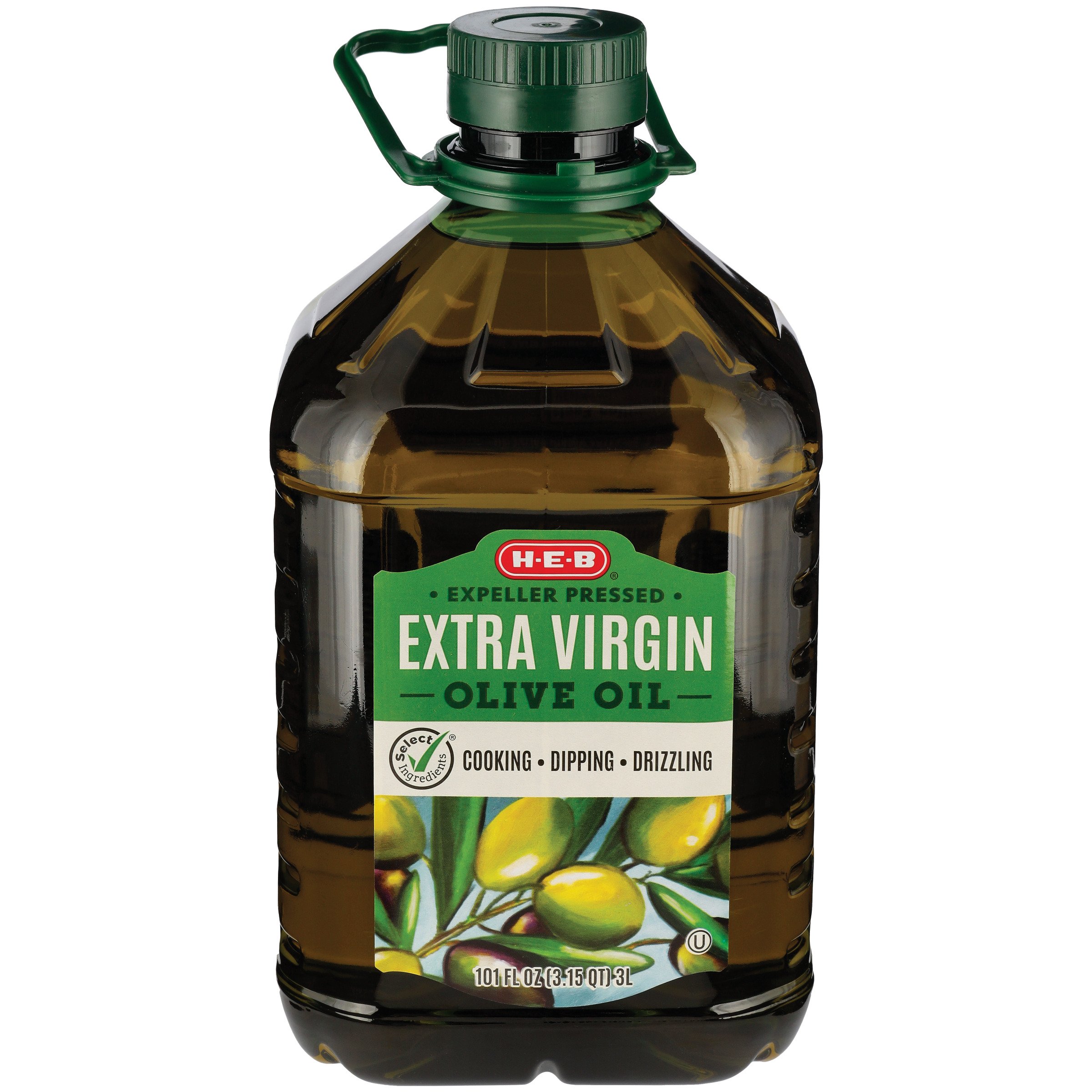Extra Virgin Olive Oil Benefits: The Secret to Healthier Hair and Nails
Extra Virgin Olive Oil Benefits: The Secret to Healthier Hair and Nails
Blog Article
Exploring the Various Kinds Of Olive Oil and Their Uses, Including Bonus Virgin Olive Oil
The expedition of olive oil incorporates a diverse range of kinds, each offering distinct tastes and cooking applications. Extra virgin olive oil, renowned for its remarkable top quality and health benefits, offers as a staple in many cooking areas, yet it is just one facet of this diverse active ingredient.
What Is Olive Oil?
Originated from the fruit of the olive tree, olive oil is a staple in Mediterranean cuisine and a crucial active ingredient in different cooking applications. This versatile oil is created by pushing entire olives, causing a fluid that differs in color, scent, and taste depending upon the kind of olives made use of, the area of farming, and the extraction procedure. Olive oil is mostly made up of monounsaturated fats, specifically oleic acid, which is known for its potential health benefits, consisting of anti-inflammatory homes and cardiovascular support.
In addition to its culinary uses, olive oil has a long history of application in conventional medicine and skincare, owing to its rich antioxidant content (extra virgin olive oil benefits). The oil is frequently utilized in dressings, marinates, and for cooking methods such as sautéing and roasting. Its distinct taste profile can enhance the preference of numerous recipes, making it an important ingredient for both home cooks and specialist cooks
In addition, olive oil is commemorated for its duty in the Mediterranean diet plan, which is related to various health advantages. As recognition of these advantages grows, olive oil continues to obtain appeal worldwide as an essential component of a healthy and balanced lifestyle.
Kinds Of Olive Oil
Understanding the different sorts of olive oil is important for both health-conscious customers and culinary lovers. Olive oil is classified mostly based upon its extraction approach and quality, which dramatically impacts its taste, scent, and health and wellness benefits.

Light olive oil, despite its name, refers to a lighter taste and not lower calories. It is optimal for those seeking an extra refined taste in sauces and dressings. Furthermore, there are flavored olive oils instilled with herbs, spices, or citrus, which can boost meals without the need for additional flavoring.
Each sort of olive oil serves details culinary purposes, and recognizing these differences enables consumers to make enlightened options that align with their food preparation styles and wellness goals.
Additional Virgin Olive Oil
Extra virgin olive oil (EVOO) is extensively concerned as the finest quality olive oil available, popular for its rich flavor and numerous health and wellness benefits. To be categorized as extra virgin, the oil needs to be produced from fresh olives utilizing mechanical procedures, without making use of solvents or too much heat. This thorough method protects the oil's all-natural flavors, anti-oxidants, and healthy fats, leading to an item with a low acidity degree of less than 0.8%.
EVOO is plentiful in monounsaturated fats, specifically oleic acid, which is connected to minimized swelling and boosted heart wellness. It also has polyphenols, effective anti-oxidants that may offer protective impacts against persistent diseases. The flavor account of EVOO can differ considerably depending upon the olive selection and region of production, ranging from verdant and fruity to durable and peppery.

Culinary Use Olive Oil

In food preparation, olive oil can be made use of for sautéing, toasting, and barbecuing, supplying a healthier option to butter or other fats. Its high smoke point makes it ideal for numerous cooking approaches, while its antioxidants add to a heart-healthy diet. Showering olive oil over ended up meals, such as pasta, fish, or barbequed vegetables, can boost tastes and add a touch of beauty.
Moreover, olive oil plays a significant duty in baking, where it can change typical fats in recipes for bread and pastries, presenting wetness and a subtle preference. It likewise serves as a base for instilled oils, enabling cooks to try go to these guys out flavors such as garlic, natural herbs, or chili, even more expanding its cooking potential. On the whole, olive oil's adaptability makes it important in both home and professional cooking areas.
Finding Quality Olive Oil
When picking quality olive oil, it's necessary to consider numerous essential variables that affect the product's fragrance, health and wellness, and flavor advantages. Choose for extra virgin olive oil (EVOO), which is derived from the first cold pushing of olives and has the greatest levels of antioxidants and helpful compounds. Look for oils that are certified by identified organizations, as this often ensures adherence to stringent top quality standards.
The packaging also plays a considerable duty in maintaining the oil's integrity. Choose oils kept in dark glass bottles or tins to secure versus light destruction. Pay focus to the harvest day; fresher oils offer superior flavor and nutritional value, so select products that are within 18 months of their harvest.
In addition, think about the origin of the oil. Premium olive oils usually originate from details areas recognized for their distinctive taste accounts, such as Italian, Spanish, or Greek oils. Ultimately, know the preference; a great high quality olive oil must have an equilibrium of fruity, bitter, and peppery notes, indicating its richness and complexity. Check Out Your URL By reviewing these aspects, you can guarantee you are selecting the most effective olive oil for your culinary needs.
Verdict
In summary, the expedition of different kinds of olive oil reveals unique characteristics and applications, with added virgin olive oil representing the pinnacle of top quality due to its reduced acidity and high antioxidant web content. Recognizing the different varieties of olive oil enables for educated choices in food preparation approaches, advertising much healthier techniques while enriching the general gastronomic experience.
Acquired from the fruit of the olive tree, olive oil is a staple in Mediterranean cuisine and an essential active ingredient in various cooking applications.The most typical kinds of olive oil consist of refined olive oil, pure olive oil, and light olive oil.Additional virgin olive oil (EVOO) is commonly regarded as the highest high quality olive oil readily available, celebrated for its rich flavor and many wellness benefits. Opt for additional virgin olive oil (EVOO), which is obtained from the initial cool pushing of olives and contains the highest possible levels of antioxidants and helpful substances.In recap, the expedition of numerous kinds of olive oil reveals distinct qualities and applications, with added virgin olive oil representing the pinnacle of quality due to its low acidity and high antioxidant content.
Report this page